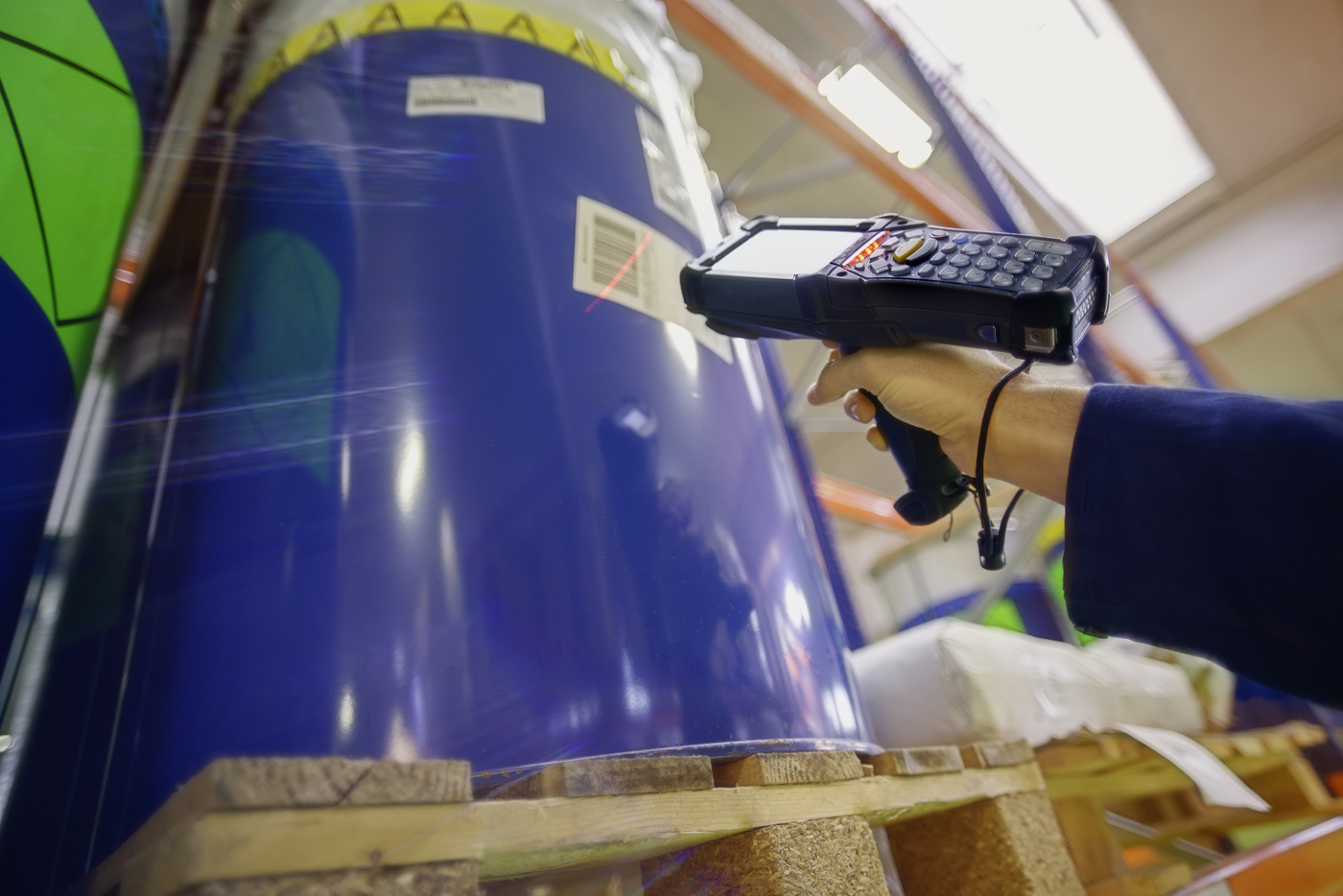
Aldous Huxley • Writer & philosopher





Scoping & planning
Traditionally, this required multiple in-person meetings with key stakeholders to define the scope and create a realistic plan. With tools like MS Teams, this can now be done online with input from all teams.
ERP projects usually follow a waterfall approach, but using agile methods can help identify and respond to changes faster. As the effectiveness of agile for ERP projects is still uncertain, a blended approach may be best.
Virtual projects demand strong governance and reporting to maintain control over workstreams, costs, and outcomes.
Design
Effective design is dependent upon interacting with users and stakeholders to reconfirm business processes and the most appropriate solutions. This should not be impacted significantly as communication can be made effectively online through collaborative tools.
Build
Collaborative tools have commonly been used to facilitate this activity in the traditional project management process so the impact on this stage is expected to be low.
However, it is essential that proper, interactive plans are maintained to monitor progress as the main challenge throughout the pandemic has been facilitating changes that require collaboration between customers, vendors, financial institutions, and other third parties.
Test
The functional testing of an ERP system should be minimally impacted but challenges may arise during user testing, where training and adoption efforts are required.
Test monitoring and reporting can be adequately managed by the use of interactive electronic boards (i.e. MS Project Planner) that can facilitate workflows, capture commentary, and automate reporting. This is vital to highlight resource availability.
Cutover
This phase typically requires a high level of in-person interaction to effectively manage the ramp-down, execution, and ramp-up of business operations. Therefore, comprehensive cutover management is fundamental to success.
Clear communication channels between management, logistics providers, suppliers, and customers are essential to ensuring processes such as stock builds and blackout periods are properly managed.
Scoping & planning
Traditionally, this required multiple in-person meetings with key stakeholders to define the scope and create a realistic plan. With tools like MS Teams, this can now be done online with input from all teams.
ERP projects usually follow a waterfall approach, but using agile methods can help identify and respond to changes faster. As the effectiveness of agile for ERP projects is still uncertain, a blended approach may be best.
Virtual projects demand strong governance and reporting to maintain control over workstreams, costs, and outcomes.
Design
Effective design is dependent upon interacting with users and stakeholders to reconfirm business processes and the most appropriate solutions. This should not be impacted significantly as communication can be made effectively online through collaborative tools.
Build
Collaborative tools have commonly been used to facilitate this activity in the traditional project management process so the impact on this stage is expected to be low.
However, it is essential that proper, interactive plans are maintained to monitor progress as the main challenge throughout the pandemic has been facilitating changes that require collaboration between customers, vendors, financial institutions, and other third parties.
Test
The functional testing of an ERP system should be minimally impacted but challenges may arise during user testing, where training and adoption efforts are required.
Test monitoring and reporting can be adequately managed by the use of interactive electronic boards (i.e. MS Project Planner) that can facilitate workflows, capture commentary, and automate reporting. This is vital to highlight resource availability.
Cutover
This phase typically requires a high level of in-person interaction to effectively manage the ramp-down, execution, and ramp-up of business operations. Therefore, comprehensive cutover management is fundamental to success.
Clear communication channels between management, logistics providers, suppliers, and customers are essential to ensuring processes such as stock builds and blackout periods are properly managed.



Neil is known for making the complex seem simple. He has over 20 years of experience across various sectors, leading high-performing teams. He has handled financial audits, healthcare digitalisation, and business restructuring in life sciences.
As a founding Director and Head of Business Development, Neil is passionate about progress. He excels at turning concepts into practical strategies with realistic and tangible outcomes. He believes that collaboration and cohesion allows teams to achieve more than the sum of their individual efforts, benefiting the whole organisation.
Through planning and due diligence to execution and stabilisation
Understanding the levers for successful integration
Expertly navigate the challenges and risks
Unpick the opportunities to drive the bottom line

Disentangling a well-established site from a complex corporate infrastructure-with stringent timelines, local compliance challenges, and a rigid transitional services agreement (TSA) in place.
Expertly navigate the challenges and risks.
Combining processes, systems and people to deliver maximum results
Working with what you've got to make things even better

How we streamlined and future-proofed, a soon-to-be obsolete labelling solution and a rapid client expansion across multiple new sites.
Enhancing decision making and strategic
alignment to drive performance
Using the latest technology to drive efficiencies, innovation and operational excellence
Meeting local requirements while
delivering smooth cross-border
operations
Simplifying supply chain finance
Improving compliance accuracy and
automation using tax technology